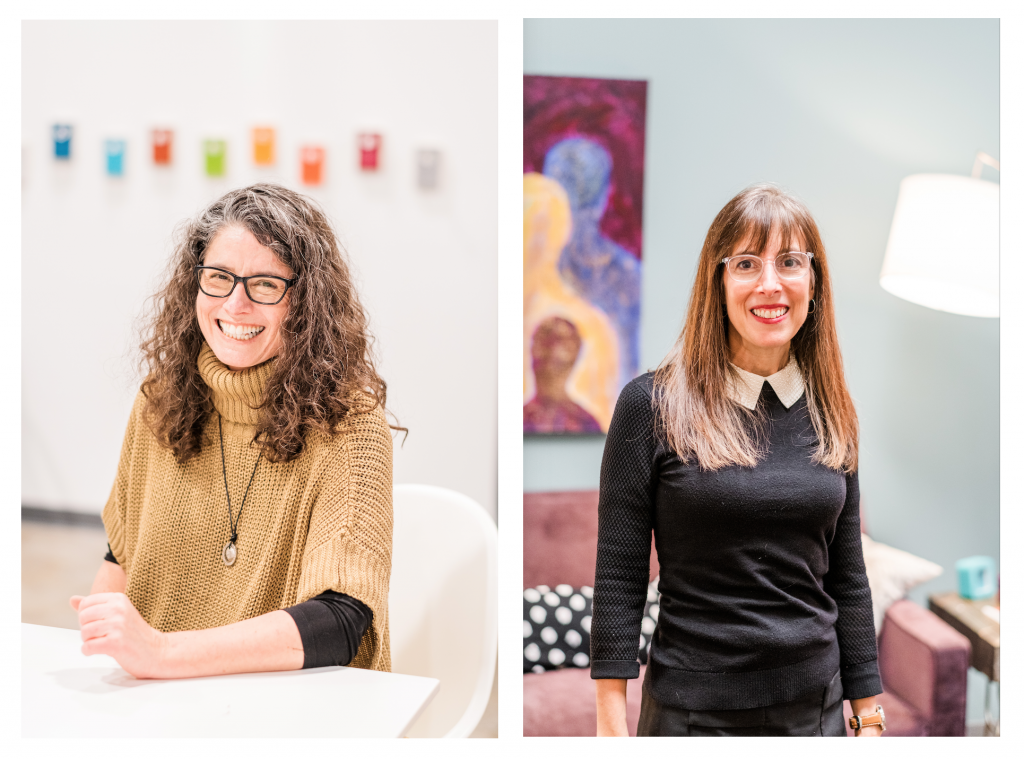
The pandemic isn’t quite over, but the rapid vaccination rollout, warmer weather, and dropping numbers of newly diagnosed individuals are certainly offering a new level of hope in the United States. It appears we are entering a new phase which will allow for safely connecting with our peeps. For most, this is fantastic news, but for many, this is a season of serious crisis. What is happening? As a therapist, I am here to offer an insider’s view of this emerging phenomenon that has accompanied much of March, 2021.
For the past year, most earthlings’ lives were upended overnight. The remainder of the year was a slow descent into new dimensions of our “inner” worlds, while contemplating what an “outer” world might look like in a post pandemic world. Most envisioned a new world with a built in group of people/friends/partners/community. The new CRISIS for many is the reality that their pre pandemic lives had “simulated community” and not “real community.” Now that the season of opening is really upon us, many people recognize the desperate and inherent need for close social ties. The real question is HOW, WHEN, WHERE to find this community, thus the crisis. It turns out our rugged individualism as Americans led us into a false belief system of thinking we don’t need any real close ties.
Research in the mental health field in the 21st century can be consolidated into three words:
DO I BELONG?
If you don’t believe this reductionist approach to the conundrum of Homo Sapiens, please check out the links at the end of this post from the field of adult attachment. The crisis unfolding is the dawning reality that people simply don’t feel like they belong anywhere, have had a full year of profound loneliness. The great news is this can be resolved, but this shift requires…..risk……vulnerability……quieting down the noise in one’s head, etc….or as we like to say confronting “USA”- things that are Uncomfortable, Scary and Awkward.
Belonging requires many components such as:
- Identifying like minded people (this means identifying your own wants/needs/interests)
- Tracking down where you might find these like minded people in your community
- Making a real plan to gather with these people.
- ENGAGING with these people.
- Going back to the same place again and again to join a community.
This combination of steps to cultivate community is so anxiety provoking to many people that it is leading to a real crisis. I have observed so much suicidal ideation and relapses in the past few weeks in my front row seat as a therapist, and am hearing similar things from therapist colleagues all over the world. Once we can NAME this thing and acknowledge the social terror, the suicidal ideation can quiet itself down. This info might be shocking- you might be asking yourself, “Really? Someone would consider suicide over just showing up to make some friends somewhere?” Sadly, yes. Suicide is often a very poor coping tool and “easy way out” of not taking the scary route to confronting things that need to be confronted or sorted out. Naming it usually can reduce the power and lure of this kind of behavior/thinking (enlisting creativity into this murky space is hugely helpful). If you resonate with some of these complicated emotions, or are interested in brushing up on this 21st century thinking, here are some excellent guides to assist you on your journey of creating something new in a post pandemic world.:
Dr. Omri Gillath TEDxOverlandPark talk on The Power of (secure) Love
Adult Attachment: A Concise Introduction to Theory and Research by Omri Gillath
